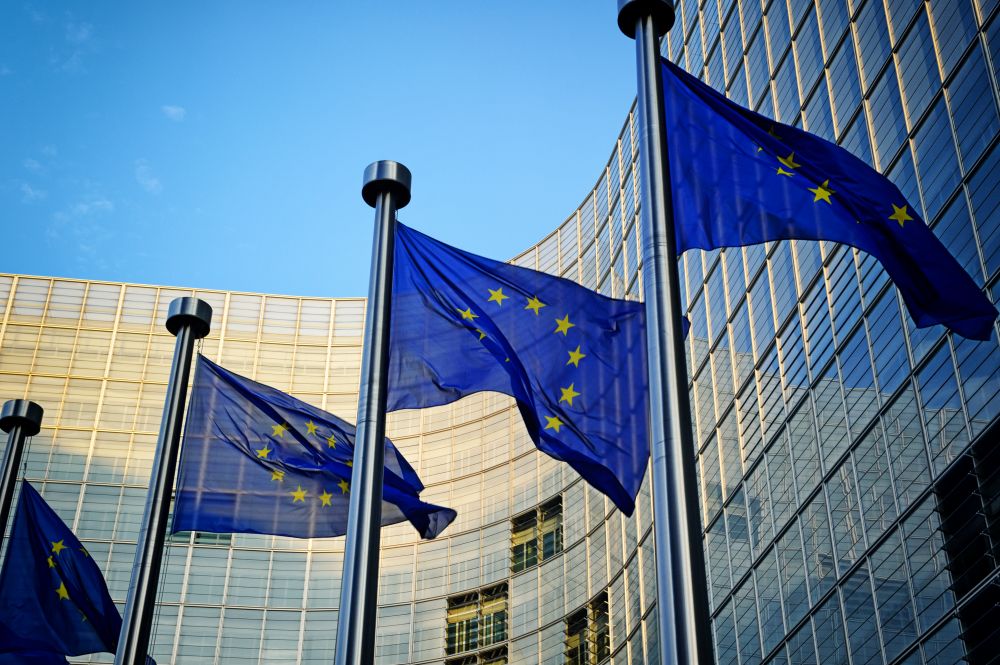
It could have been Brussels, but it was Luxembourg… then Brussels! The two cities have special places in EU history, and while Luxembourg was the first capital of Europe in 1952, Brussels now holds this unofficial title (the EU has no official capital), with Luxembourg retaining a top position on the checkerboard. Let’s step back in time to understand the capitals’ shared destiny. In 1951, Belgium, W. Germany, France, Italy, Luxembourg and the Netherlands signed the Treaty of Paris setting up the European Coal and Steel Community (ECSC). Several cities were considered as hosts for new institutions (High Authority, Council of Ministers, Court of Justice, Common Assembly). Due to internal conflict, the Belgian government then supported Liège rather than Brussels. But other ECSC members refused. Luxembourg was thus chosen as their temporary seat, except for the Common Assembly, hosted by Strasbourg, the only town with a large enough chamber, that of the Council of Europe. Brussels missed out in 1952, though the 1957 Treaty of Rome, creating the European Economic Community (EEC) and European Atomic Energy Community (Euratom), reasserted its central position. The 6 governments came to an unofficial agreement on the Communities’ seats, envisaging Brussels as Europe’s future capital. A large, busy metropolis, Brussels offers efficient communication systems with other European capitals at the heart of a vast international transport system, cultural and leisure activites, two universities, European and international schools. Finally, on the border between Latin and Germanic cultures, it lies at the core of the first post-war integration experience: Benelux. The 1965 Treaty of Brussels was a chance for compromise. The Commission and Council were hosted by Brussels while Luxembourg retained the Court, the European Parliament’s Secretariat and a few of the Commission’s departments, with the Parliament remaining in Strasbourg. The last concession, the Council meets in Luxembourg in April, June and October. Over time, this fragile equilibrium became a sustainable arrangement. Brussels thus became the EU’s political capital, Luxembourg the seat of judiciary and financial power. The European Central Bank (ECB) is in Frankfurt, Germany, with some of its services based in Luxembourg. The EU’s main monetary institution, it issues the Euro and defines the main guidelines for monetary policy in the Euro zone. Ensuring good management, the Court of Auditors is entirely hosted by Luxembourg, as is the European Investment Bank (EIB), the financial institution of Member States which borrow on financial markets to finance EU projects. Brussels and Luxembourg are indeed the capital(s) of Europe!

